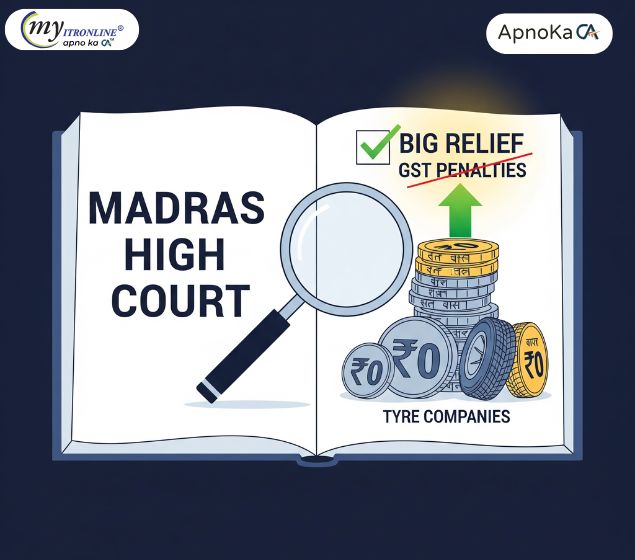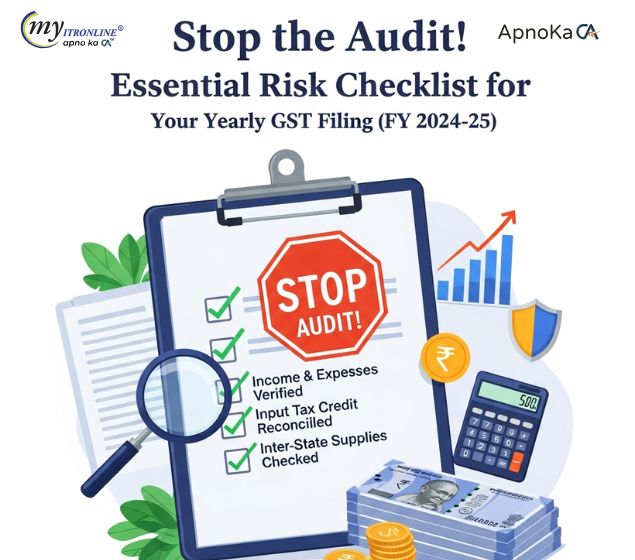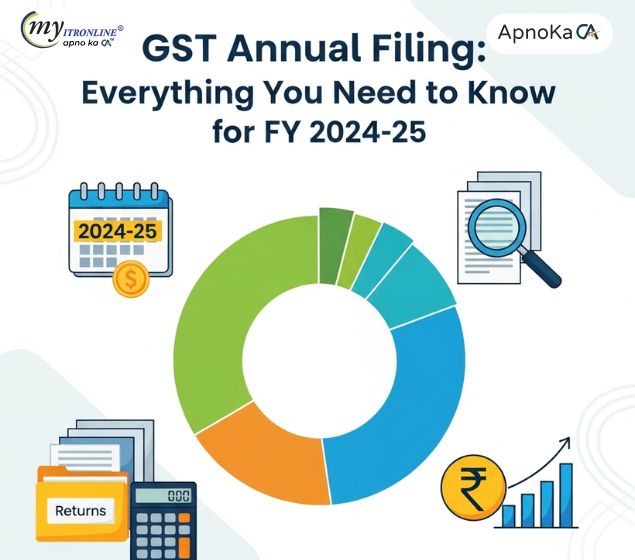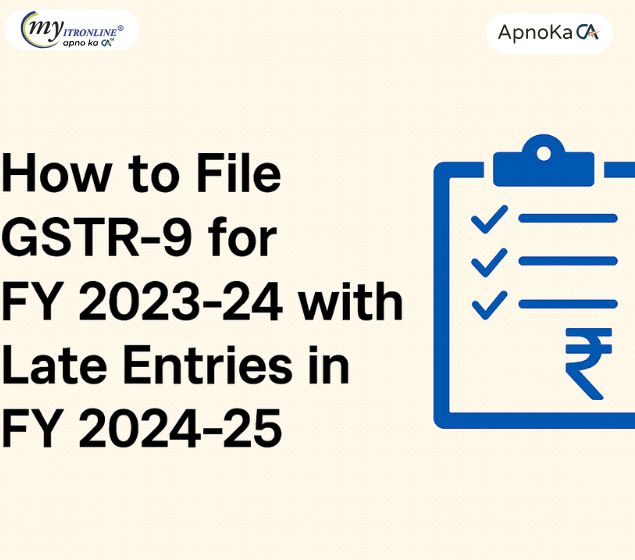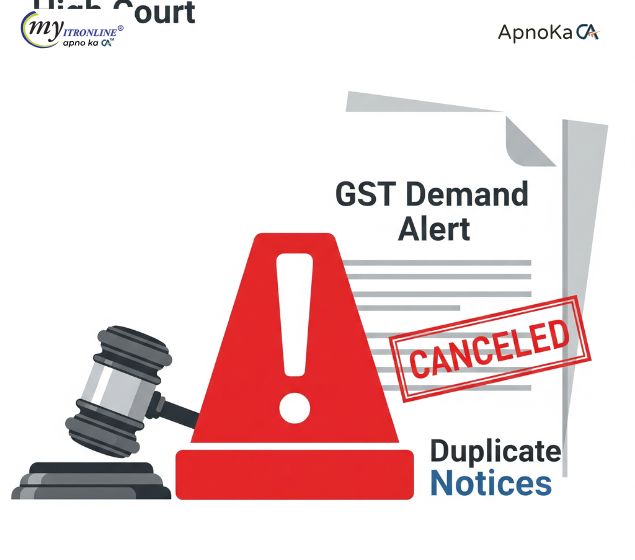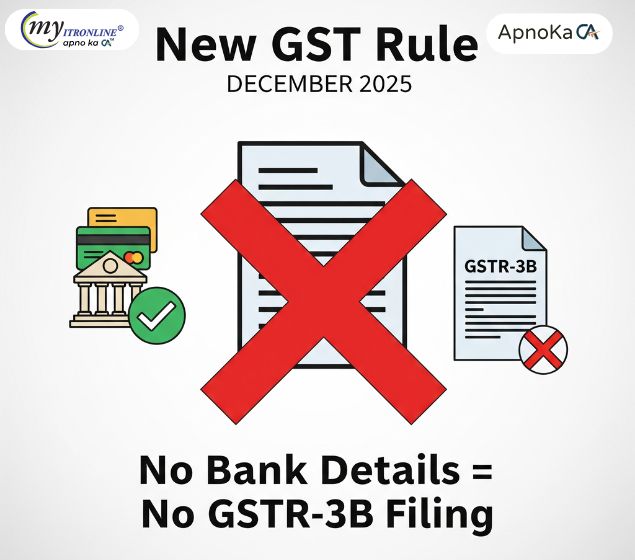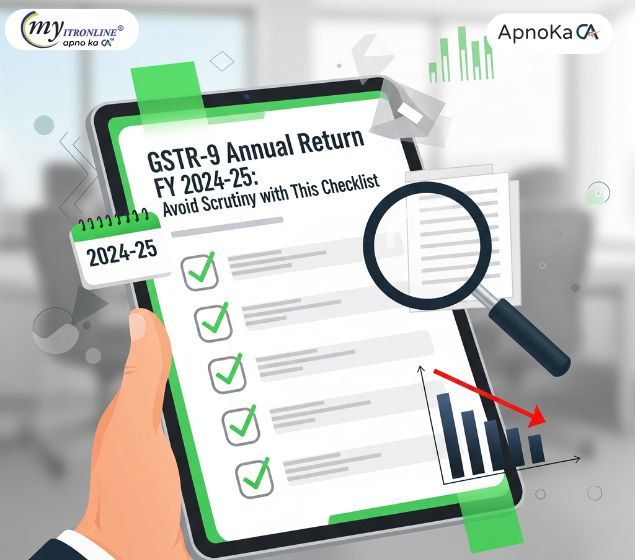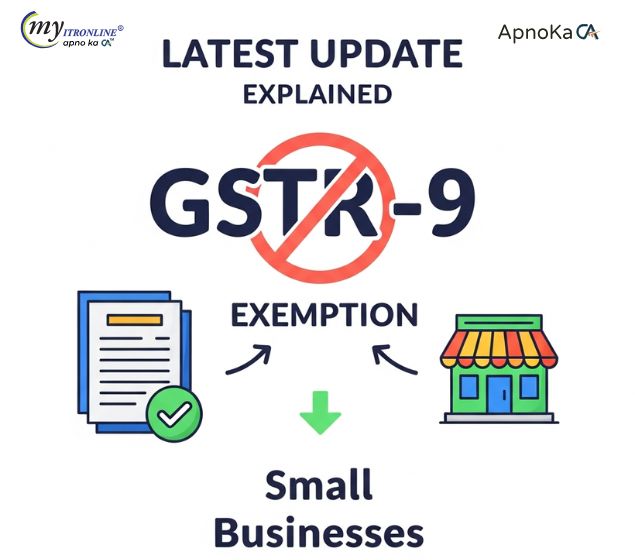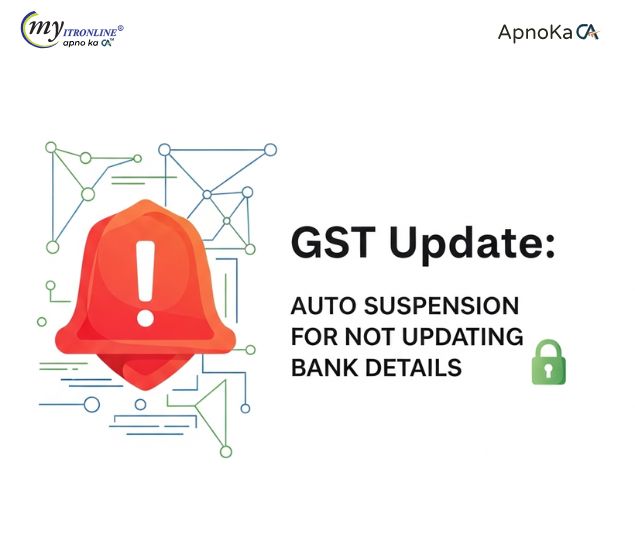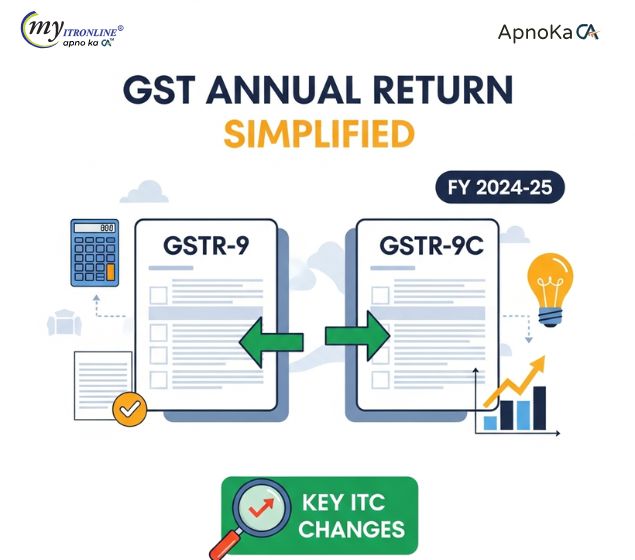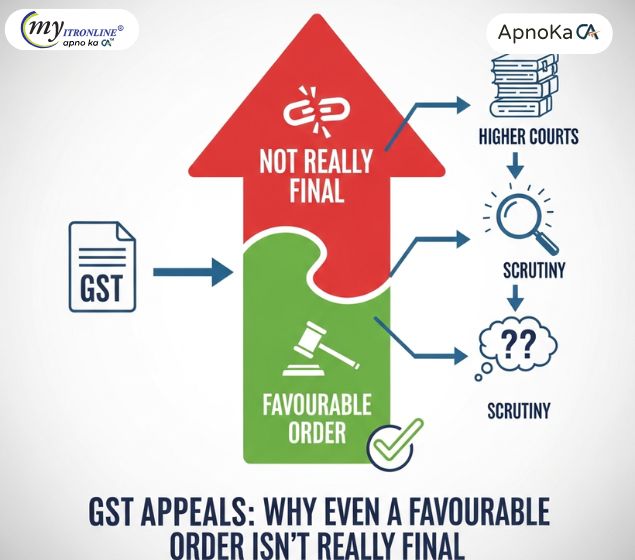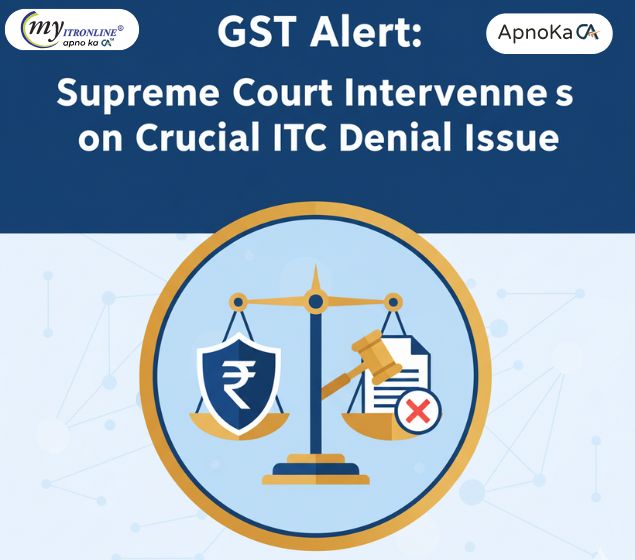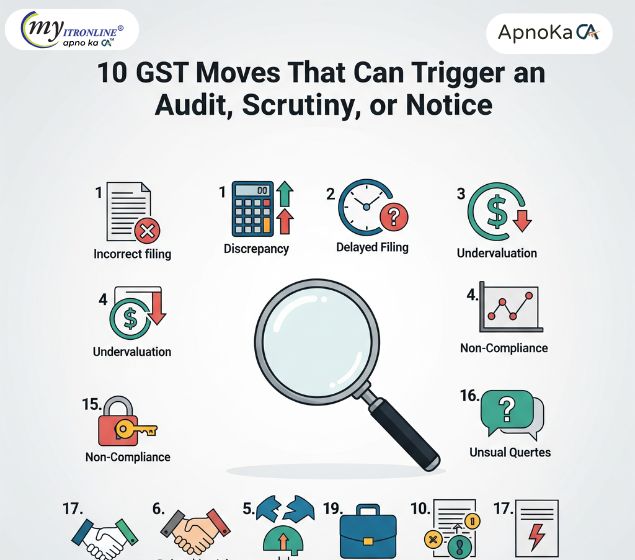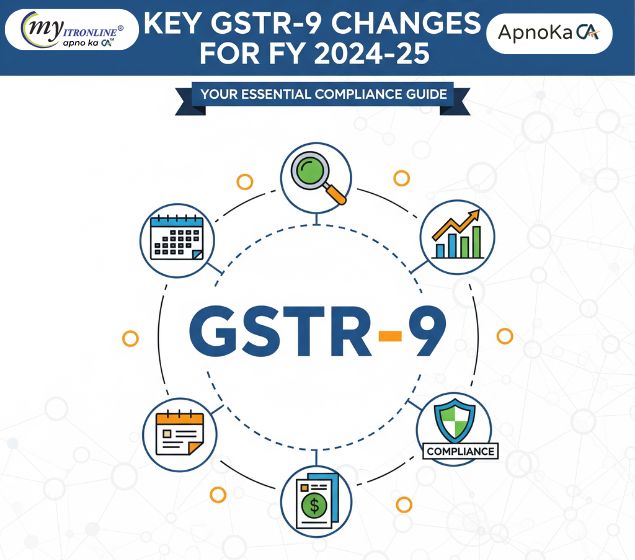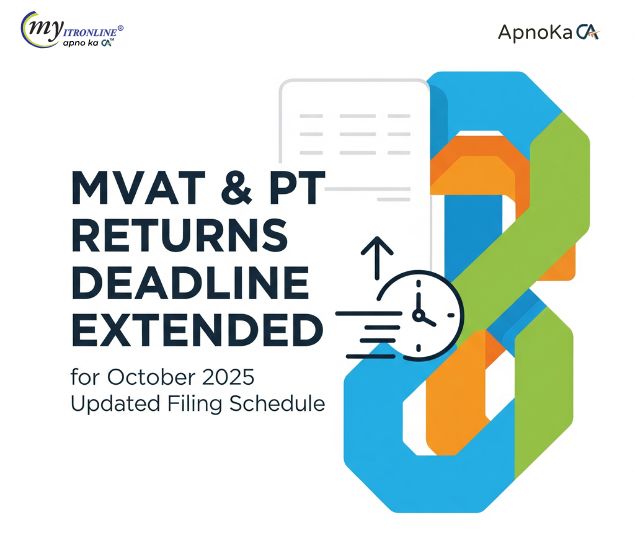Navigating the Goods and Services Tax (GST) as a Freelancer: Everything You Need to Know
This guide simplifies the essentials of Goods and Services Tax (GST) for freelancers in India, highlighting its importance for compliance and tax benefits. It covers GST basics, applicability, registration, invoicing, and return filing. We also discuss benefits like Input Tax Credit and penalties for non-compliance. Follow this guide to streamline your tax obligations and focus on your freelance work with confidence.

Understanding Goods and Services Tax (GST) for Freelancers
Introduction
The Goods and Services Tax (GST) is a significant reform in India's taxation system, designed to unify multiple indirect taxes into a single tax. For freelancers, understanding GST is crucial for compliance and financial planning. This blog provides a detailed overview of GST, its implications for freelancers, registration requirements, invoicing, and filing returns.
What is GST?
GST is a comprehensive, multi-stage, destination-based tax that is levied on every value addition. It replaced various indirect taxes like service tax, VAT, excise duty, and others, aiming to streamline the taxation process. GST is categorized into:
- Central GST (CGST): Levied by the Central Government.
- State GST (SGST): Levied by the State Governments.
- Integrated GST (IGST): Levied on inter-state transactions and imports.
Applicability of GST for Freelancers
Freelancers, like other businesses, are required to comply with GST regulations. The applicability depends on the nature of services provided and the turnover:
- Threshold Limit: Freelancers with an annual turnover exceeding ₹20 lakhs (₹10 lakhs for special category states) must register for GST.
- Inter-State Services: Freelancers providing services to clients in other states need to register for GST regardless of turnover.
- E-Commerce Platforms: Those offering services through e-commerce platforms also need GST registration.
GST Registration Process
Eligibility Criteria
Freelancers must register for GST if they meet any of the following conditions:
- Annual turnover exceeds the threshold limit.
- Providing inter-state services.
- Offering services through e-commerce platforms.
Registration Steps
- Visit the GST Portal: Go to the official GST portal (www.gst.gov.in).
- Complete Part A of GST REG-01: Fill in details like PAN, mobile number, and email.
- Receive OTP: Validate your details using the OTP sent to your mobile and email.
- Complete Part B of GST REG-01: Provide business information, bank details, and upload necessary documents.
- Verification: The application is verified by GST officers.
- GSTIN Issuance: Upon successful verification, a unique GST Identification Number (GSTIN) is issued.
Invoicing Under GST
Freelancers must issue GST-compliant invoices for their services. A GST invoice should include:
- Invoice number and date.
- Supplier’s details: Name, address, and GSTIN.
- Recipient’s details: Name, address, and GSTIN (if registered).
- Description of services: Nature and value of services provided.
- GST rate and amount: Clearly mention the applicable GST rate (CGST, SGST/UTGST, IGST) and the total tax amount.
- Place of supply: Important for determining the applicable GST.
Filing GST Returns
Freelancers registered under GST need to file regular returns. The key returns include:
- GSTR-1: Monthly/quarterly return for outward supplies.
- GSTR-3B: Monthly summary return.
- GSTR-9: Annual return.
Steps for Filing Returns
- Login to GST Portal: Access your account on the GST portal.
- Prepare Data: Use accounting software or manual records to compile data for returns.
- File GSTR-1: Report all outward supplies. This is typically done monthly or quarterly.
- File GSTR-3B: Summarize the total value of outward supplies, input tax credit, and net tax liability.
- File GSTR-9: Annually reconcile the year's returns and submit the annual return.
Input Tax Credit (ITC)
One of the benefits of GST is the Input Tax Credit mechanism, allowing freelancers to offset the tax paid on inputs against their output tax liability. ITC can be claimed for GST paid on:
- Goods and services used in the course of business.
- Business expenses like office supplies, professional services, and software.
Conditions for Claiming ITC
- Possess a valid tax invoice.
- Ensure the supplier has filed the GST return and paid the tax.
- Utilize goods and services for business purposes.
Compliance and Penalties
Adhering to GST regulations is crucial for avoiding penalties. Non-compliance can result in:
- Late Fees: ₹50 per day for late filing (₹20 per day for nil returns).
- Interest: 18% per annum on unpaid tax.
- Penalties: Up to 10% of tax due or ₹10,000, whichever is higher, for errors and omissions.
Benefits of GST for Freelancers
- Simplified Tax Structure: Eliminates the complexity of multiple taxes.
- Input Tax Credit: Reduces tax burden by allowing credit for taxes paid on business expenses.
- Ease of Doing Business: Uniform tax rates and regulations across states.
- Transparency: Digitized processes ensure better compliance and transparency.
Conclusion
Understanding and complying with GST is essential for freelancers to avoid legal complications and optimize their tax liability. By registering for GST, issuing compliant invoices, filing timely returns, and claiming Input Tax Credit, freelancers can benefit from a streamlined tax system and focus more on their core business activities. Keeping abreast of GST updates and seeking professional advice can further enhance compliance and efficiency.
FILING YOUR INCOME TAX RETURN F.Y 2024-25 (A.Y. 2025-2026) WITH MYITRONLINE
The income tax filing deadline is right around the corner. If you haven’t filed yet, do it today with Myitronline! Avoid last minute rush and file your tax return today on MYITRONLINE in Just 5 mins.(www.myitronline.com)
If you are looking for eCA assistance to file your income tax return/ GST, you can opt for MYITRONLINE eCA assisted plan starting
Upload Salary Individual Form-16
If you have any questions with filing your tax return, please reply to this mail. info@myitronline.com OR call 9971055886,8130309886.
Note-All the aforementioned information in the article is taken from authentic resources and has been published after moderation. Any change in the information other than fact must be believed as a human error. For queries mail us at marketing@myitronline.com
Krishna Gopal Varshney
An editor at apnokacaKrishna Gopal Varshney, Founder & CEO of Myitronline Global Services Private Limited at Delhi. A dedicated and tireless Expert Service Provider for the clients seeking tax filing assistance and all other essential requirements associated with Business/Professional establishment. Connect to us and let us give the Best Support to make you a Success. Visit our website for latest Business News and IT Updates.
Leave a reply
Your email address will not be published. Required fields are marked *Share this article
Krishna Gopal Varshney, Founder & CEO of Myitronline Global Services Private Limited at Delhi. A dedicated and tireless Expert Service Provider for the clients seeking tax filing assistance and all other essential requirements associated with Business/Professional establishment. Connect to us and let us give the Best Support to make you a Success. Visit our website for latest Business News and IT Updates.
View articles








